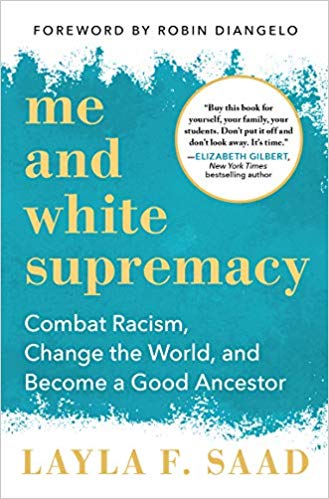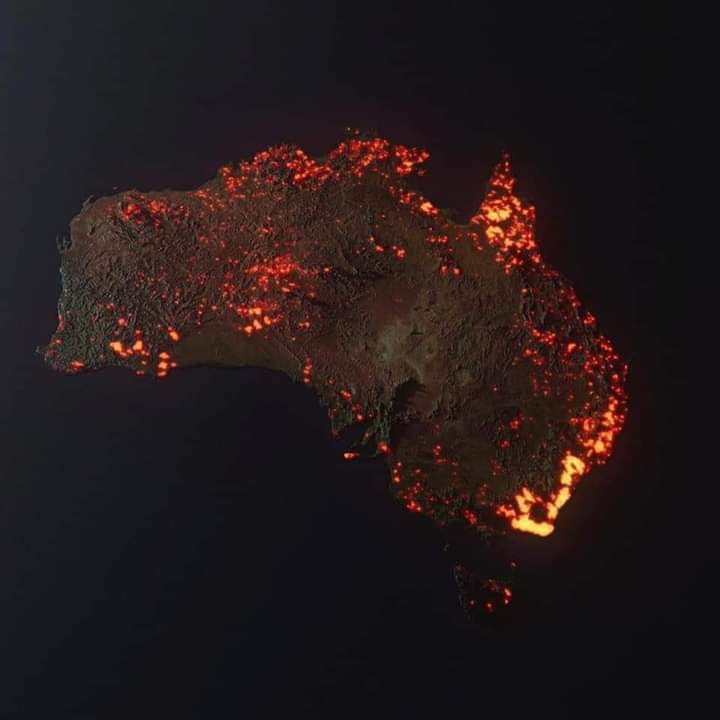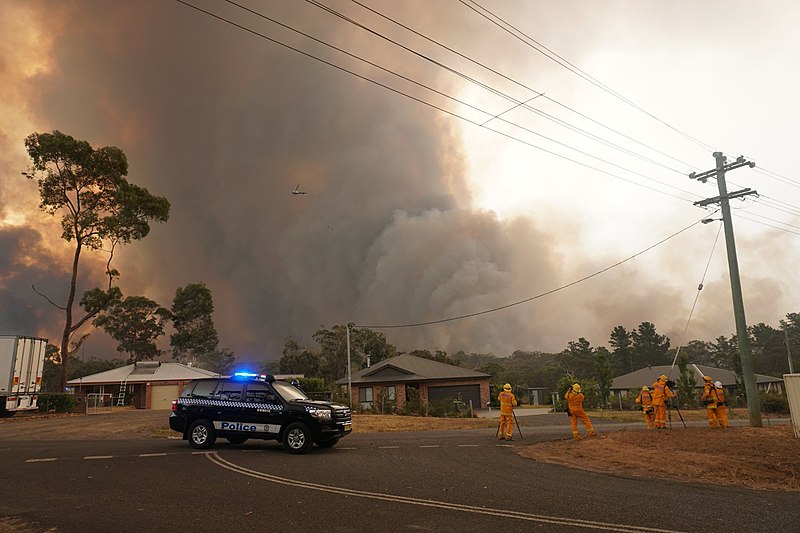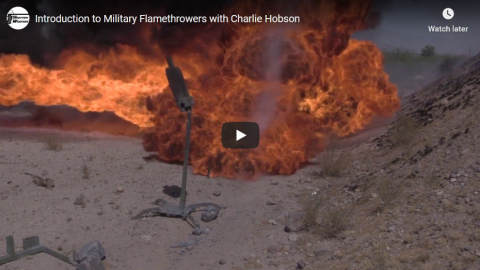Antonia Senior is shocked, shocked to discover that she’s struggling with a whole bunch of internalized issues, according to a new book by Layla F. Saad:
I am a white supremacist. Who knew? I didn’t. I have, however, just read Me and White Supremacy by Layla F Saad, published next month by Quercus, which has made clear to me that I am white, therefore I am a racist. In fact, Ms Saad told me in the introduction to prepare to “become overwhelmed when you begin to discover the depths of your internalised white supremacy”.
On a similar note, a friend recently told me that my failure to recognise a vast malevolent patriarchy was as a result of “internalising your own oppression”. There seems to be a lot of internalised weirdness going on: gender victim battling it out with racist in my gut. I thought it was wind.
The publisher is pretty sure that the ranks of underpaid, bookish folk who work for them are also all white supremacists. It is distributing the tome to all the British employees of its parent company Hachette, and telling them to spend 28 days “reflecting on manifestations of white supremacy, including white privilege”.
The self-flagellation of all the white supremacists at Hachette is yet another example of how much the Woke borrow from the Church. Identity politics has become a secular religion, and “white privilege” is one of its shibboleths. Indeed Ms Saad makes the point clearly in her book, stating that “I strongly believe that anti-racism practice and social justice work are also spiritual work.”
To be woke demands faith in certain creeds, with the twins Equality and Diversity as unassailable deities. It demands a knowledge of the right language. You must believe in certain disprovable evils — like the existence of a malevolent patriarchy — and like many strict sects, it punishes its apostates most severely. The Twitter storms are fierce for those who express a non-woke view but should have known better than for those outside of the faith altogether.
Tom Holland, in his book Dominion, The making of the Western Mind, identifies the “trace elements” of Christianity in the woke world. The example he used was the intersectional feminists in the #MeToo movement offering white feminists the chance to “acknowledge their own entitlement, to confess their sins and to be granted absolution”.










